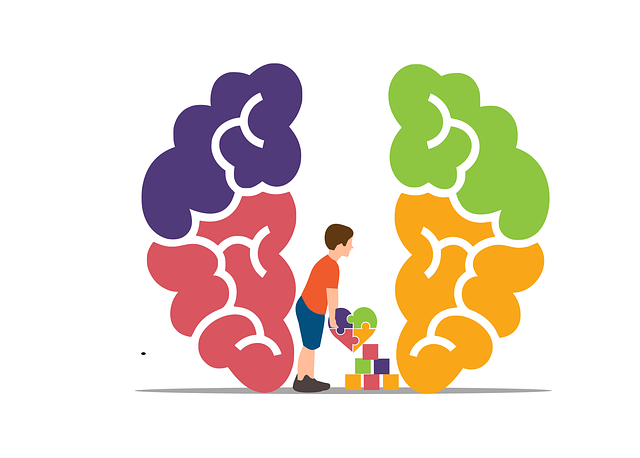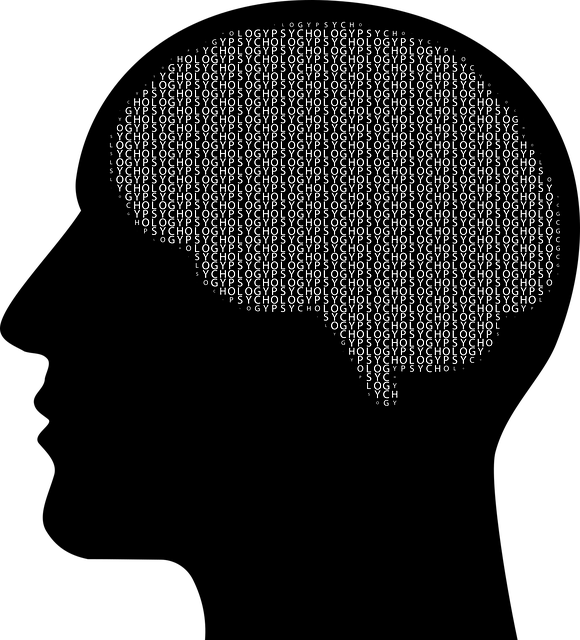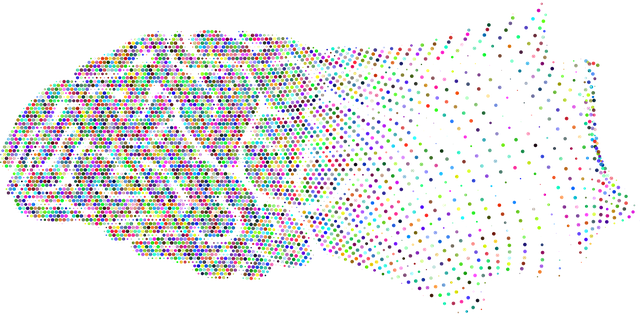Longmont ADD-ADHD Therapy focuses on teaching individuals coping skills to manage their conditions effectively. By identifying personal triggers, developing healthier coping styles through mindfulness and self-awareness exercises, and integrating these into daily routines, people with ADHD or ADD in Longmont can improve emotional regulation, reduce stress, and enhance overall well-being. This holistic approach, including social skills training and personalized strategies, not only benefits individuals but also supports mental health professionals by preventing burnout.
In today’s fast-paced world, coping skills development is an essential aspect of mental health, especially for individuals navigating conditions like ADD/ADHD. This article explores the significance of coping strategies in Longmont ADD-ADHD therapy, offering valuable insights into managing stress and triggers effectively. We delve into understanding personal stressors, providing a range of healthy coping mechanisms, and integrating these skills into daily life. Discover practical tips from leading Longmont therapists to enhance well-being and improve overall quality of life.
- Understanding Coping Skills and Their Significance in ADD-ADHD Therapy in Longmont
- Identifying Personal Triggers and Stressors for Effective Coping Strategies
- Techniques to Develop Healthy Coping Mechanisms
- Integrating Coping Skills into Daily Life: Tips from Longmont ADD-ADHD Therapists
Understanding Coping Skills and Their Significance in ADD-ADHD Therapy in Longmont

Coping skills are essential tools in managing Attention Deficit Disorder (ADD) and Attention Deficit Hyperactivity Disorder (ADHD), especially when tailored to meet the unique needs of individuals in Longmont seeking Longmont ADD-ADHD Therapy. These skills empower people with strategies to navigate challenges, regulate emotions, and maintain a sense of control over their lives. By integrating coping mechanisms into treatment plans, healthcare providers can significantly enhance the overall effectiveness of therapy.
Understanding an individual’s coping style is crucial in preventing burnout among healthcare professionals involved in these intensive processes. Self-awareness exercises and emotional healing techniques are integral parts of this journey. Through Burnout Prevention Strategies for Healthcare Providers, individuals in Longmont with ADD/ADHD can learn to recognize their triggers, develop healthier coping mechanisms, and improve their overall well-being, thereby fostering a more sustainable therapeutic experience.
Identifying Personal Triggers and Stressors for Effective Coping Strategies

Identifying personal triggers and stressors is a powerful first step in developing effective coping strategies. Many individuals struggle with understanding what specifically sets off their anxiety or distress, making it difficult to respond in healthy ways. Longmont ADD-ADHD Therapy emphasizes the importance of self-awareness in navigating life’s challenges. By recognizing patterns of response to certain situations, people can begin to unravel the complex web of triggers that contribute to their emotional reactions.
This process often involves introspection and keeping a journal to track recurring stressors. Common triggers can range from specific environments or interactions to particular thoughts or memories. Once identified, these triggers allow individuals to practice compassion cultivation and implement self-care practices tailored to their unique needs. As a result, they can develop healthier coping mechanisms, leading to improved anxiety relief and overall well-being.
Techniques to Develop Healthy Coping Mechanisms

Developing healthy coping mechanisms is a crucial aspect of managing stress and improving overall well-being, especially for individuals with Attention Deficit Hyperactivity Disorder (ADHD) or ADD in Longmont. The first step involves identifying personal triggers and understanding one’s unique response to stress. This self-awareness can be cultivated through various techniques such as mindfulness meditation, journaling, or even engaging in creative pursuits like art or music. These practices help individuals recognize their emotional patterns and provide valuable tools to navigate challenging situations.
Building inner strength is another key component. Therapy sessions focused on Longmont ADD-ADHD can offer strategies for cultivating resilience, teaching individuals how to reframe negative thoughts and adopt a more positive mindset. Additionally, participating in community outreach programs that promote mindfulness workshops or stress management classes can empower people to develop effective coping skills. These initiatives foster a sense of belonging and provide additional resources, ultimately supporting long-term mental health and well-being.
Integrating Coping Skills into Daily Life: Tips from Longmont ADD-ADHD Therapists

Incorporating coping skills into your daily routine is a powerful strategy recommended by Longmont ADD-ADHD Therapists. They emphasize that understanding and practicing these techniques can significantly improve mental wellness, especially for individuals dealing with attention-deficit/hyperactivity disorder (ADD or ADHD). The therapists suggest starting small, integrating one or two strategies at a time into your day-to-day life, such as mindfulness exercises during morning routines or using visual aids to enhance focus during work or study.
Longmont ADD-ADHD Therapists also encourage individuals to explore various coping mechanisms like Social Skills Training, which can help build confidence and facilitate better interactions with others. They recommend keeping a journal to track progress, noting what works best for each individual. By applying Mind Over Matter principles, one can gradually develop a robust toolkit of coping skills, ensuring better management of symptoms and an improved overall quality of life.
In the realm of Longmont ADD-ADHD therapy, developing effective coping skills is a powerful tool for managing symptoms and enhancing overall well-being. By understanding personal triggers, implementing healthy coping mechanisms, and seamlessly integrating these strategies into daily life, individuals can navigate challenges with greater resilience. This tailored approach, as advocated by local therapists, empowers those with ADD-ADHD to thrive in a bustling world, transforming struggles into manageable aspects of their unique tapestry of life.














